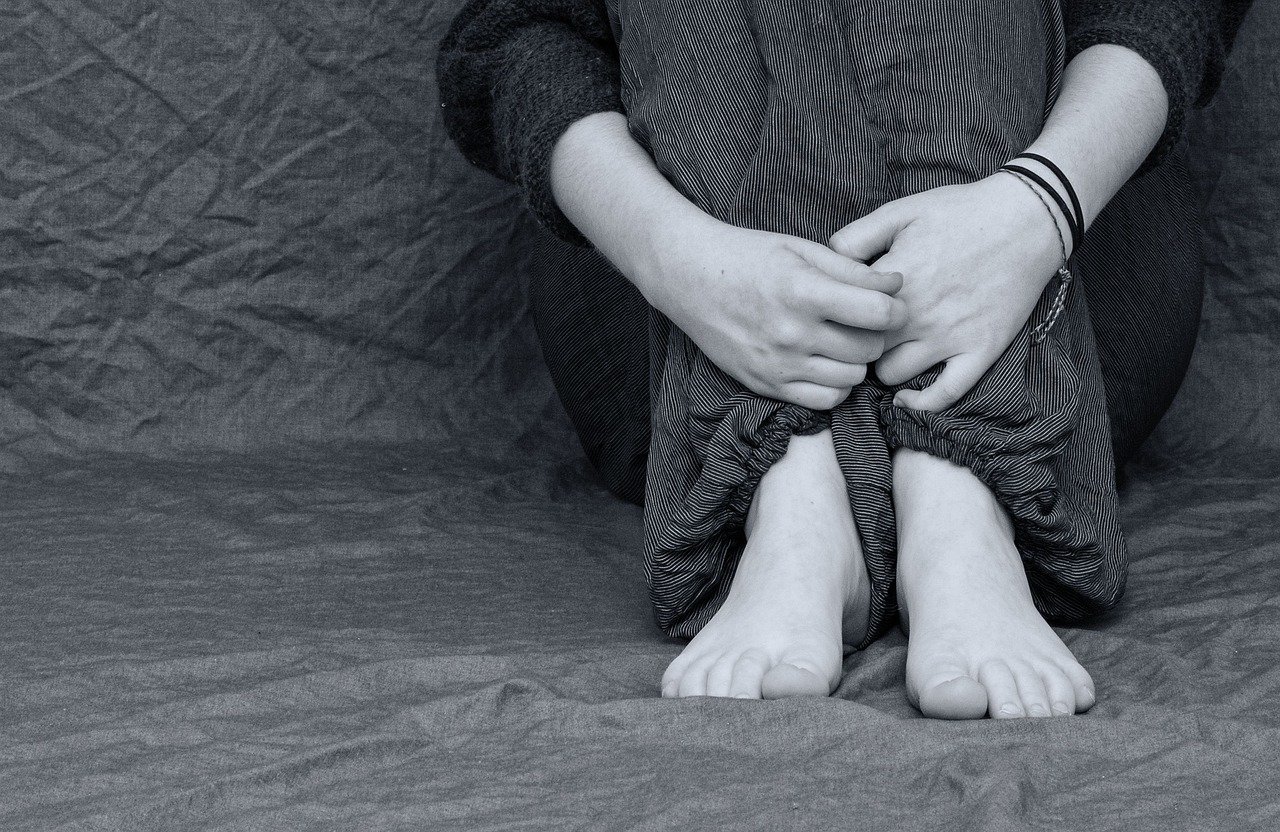Depression remains a particular subject of various stigmas, with many characterising depression as an overused term used by anyone who is feeling a bit down one day. “Pull yourself together” we tell them, and “cheer up, it may never happen!”

Depression is a sad reality with some statistics showing that no fewer than 1 in 16 Australians is experiencing it right now. Those in need may reach out for depression counselling services based in Melbourne, Sydney, Perth or wherever they live.
Those who do reach out for help do so in spite of existing stigma and even discrimination faced by sufferers. Here are some examples of what we mean:
1. Depression is “All in the Mind”
Among the most common stigmas is the feeling that depression is merely a product of an individual’s imagination. What’s more, because it’s illusory, there’s an added sting to this stigma, which is that people perceive depression as a self-inflicted problem (see more further below). In other words, they believe that the sufferer is depressed because they choose to be depressed.
One common manifestation of this is when those with depression are accused of being lazy or idle. When it comes to depression getting in the way of work, or people asking for leave in order to seek help for their depression, it’s not uncommon to hear views that the person in question is work-shy, trying to score some free time off, and perhaps worse. Some feel that depression “doesn’t count” as a real illness, and that it’s not fair for people to receive time off to deal with it.
2. Depression is a Sign of Weakness
Another common stigma surrounding depression is that depressed people are somehow weak and mentally feeble. The assumption goes that those with a strong will and strong mind can hold off the effects of depression, and the weak simply “let depression win.” The stigma will manifest often in friends and family of a depressed person telling the sufferer to “man up” or “snap out of it.”
The danger of this stigma, of course, is that it can reinforce a sense of powerlessness in those who are suffering. They may come to agree with those criticising them, refuse to talk openly about the problem, and begin to blame themselves and their inability to shed themselves of these dark feelings. In the worst cases, this kind of vicious cycle can lead to suicide.
3. Depression is a Matter of Choice
Following on from depression just being all in one’s head and it not being a real problem, there’s the accusation that we touched on further above that depression is in fact a self-inflicted problem. When so many people don’t feel the effects of depression, they find it hard to empathise with others who do. They conflate a more common feeling of being sad, angry or upset about something with those of depression, and thus expect those with depression to get over their problem as easily as one would a minor daily setback like spilling a drink.
4. Problems Getting Hired
Finally, these stigmas that we’ve mentioned above lead to people with depression often being discriminated against. Either other people don’t know about their depression and ascribe their behaviour to bad personality, laziness or something else, or they do know about the depression but are skeptical about it, downplaying its significance and judging the sufferer harshly.
These prejudices all lead to those with depression struggling to get jobs, which in turn fuels depression and pushes people deeper into a sense of worthlessness and powerlessness. It all begins with the preconceived notions held by many that depression is not a subject worthy of discussion. When more people recognise the devastating impact of depression on overall mental health, perhaps we can better overcome the worst of it all.
Leave a Reply